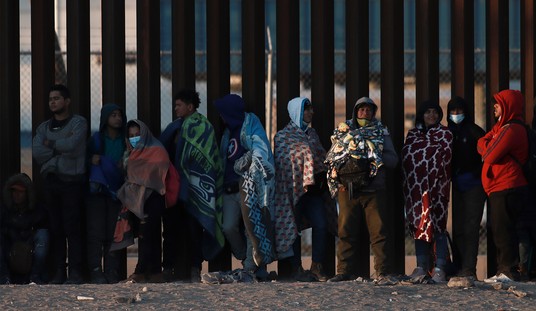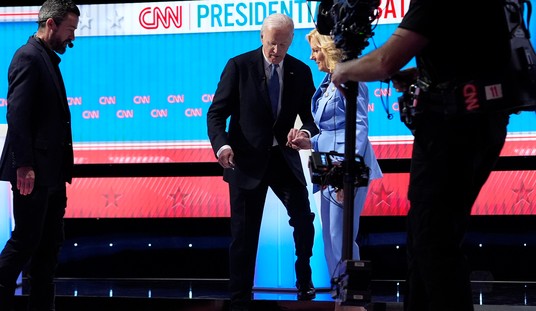There has been some renewed interest lately, at least at the state level, in putting an end to child brides, as they’ve come to be known. The different states have a variety of minimum ages for marriage, though most have exceptions allowing younger children to marry with the approval of either a parent or a judge. NBC News did a bit of a dive into the subject this weekend, choosing to focus on how opposition to such reforms is drawing supporters from both sides of the aisle.
A bill that would have ended child marriage in Idaho – which has no minimum age for couples who want to wed – died in the Statehouse earlier this year.
Republican lawmakers, who control the Legislature, opposed it, including state Rep. Bryan Zollinger, who said it “went too far.”
“Obviously, I’m against child marriage,” the GOP lawmaker told NBC News. “But basically marriage is a contract between people that shouldn’t require government permission.”
Even as more states take action to end child marriage, concerns about government overreach, along with scant data about the extent of the problem, have driven skepticism to reform across the country, sometimes creating unlikely alliances between conservative politicians and groups often on the other side, including the ACLU and Planned Parenthood.
I’ll confess to being surprised at some of these alliances. When you’ve got Planned Parenthood and the ACLU filing briefs on the same side as Christian Conservatives, there’s definitely something odd afoot. Even the states where raising the minimum age for marriage is being opposed cover the spectrum, including both California and Louisiana. Believe it or not, California has no minimum age for marriage and a bill to set it at 18 failed in 2017. So what gives?
I’ve dug into this topic before, generally falling back on my belief that the government (at any level) should stay out of the marriage business and not be demanding that people obtain licenses and pay the government fees to be able to hold a private ceremony. But in all those debates, I’ve included a couple of exceptions. One is the need for laws requiring that the bride and groom be capable of providing informed consent to avoid the possibility of marriage being used as a fig leaf for abuse. This could apply to children under the age of consent and those with mental infirmities similarly unable to give informed consent.
But as some of the people opposing these laws point out, I’m also open to exceptions if there isn’t too great of an age gap between the prospective spouses or if the girl is pregnant and the families support the union.
The sticking point here is the significant differences from state to state when it comes to defining what that minimum age should be. I covered this topic when I wrote an essay asking how old you have to be in order to be considered an “adult.” It’s a tough problem to tackle. Depending on the state, you can be too young and foolish to make a decision about purchasing alcohol or tobacco products until you are well into your twenties. But you can help elect the President at 18, enlist in the military at 17 and drive a car at 16? It’s a hot mess.
Missouri was one of the states with no minimum marriage age until last year. At the time, I looked over their proposal and found it to be a reasonable compromise. While I don’t think marrying that early (let’s say 16 years old) is ideal or gives you the best chance to make it in the long run, it’s a decision that all adults wind up pondering eventually. And we wind up having to take responsibility for those decisions. So setting the age at 16 while allowing exceptions with parental or court approval for it to be younger (particularly if there’s a pregnancy involved) might be about the best we can do.







Join the conversation as a VIP Member